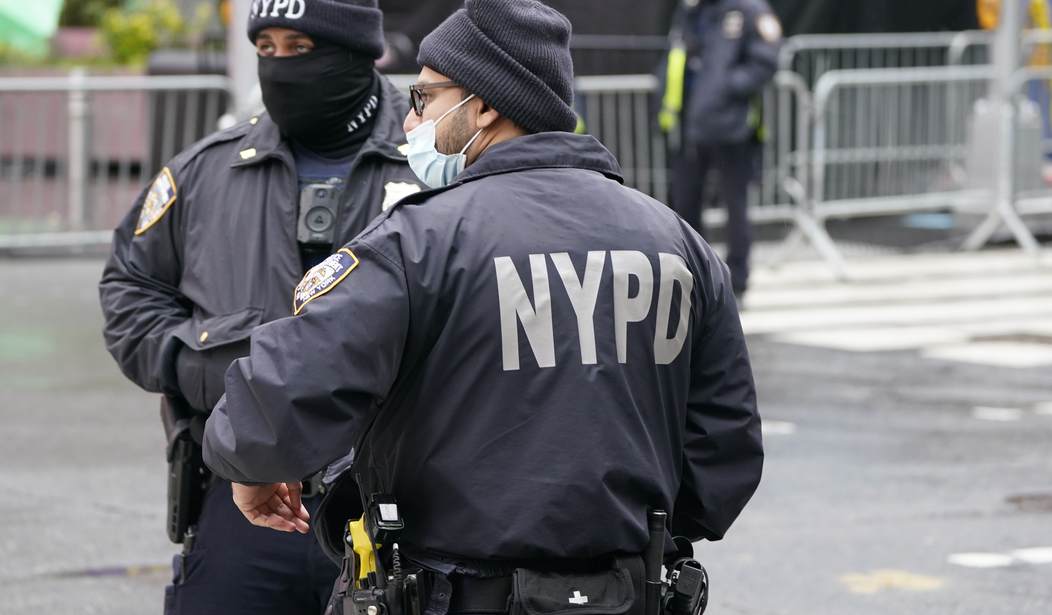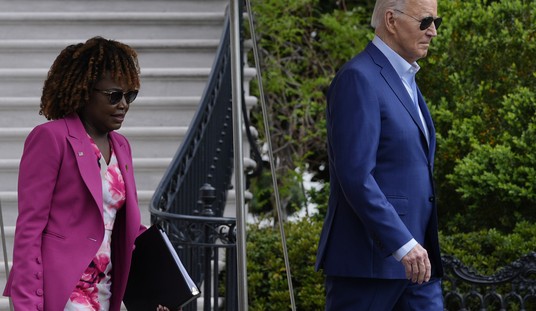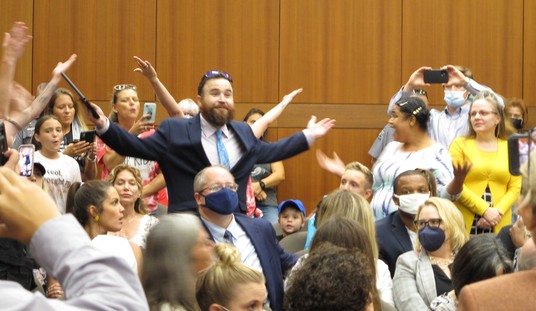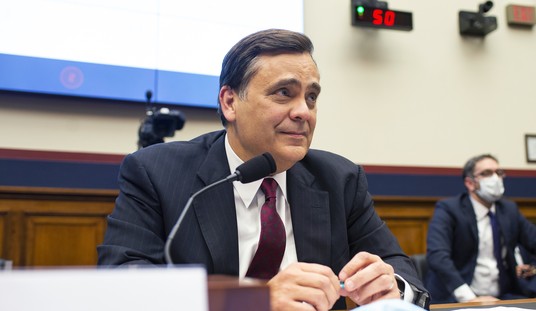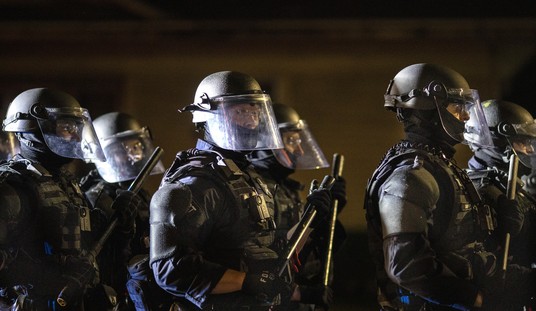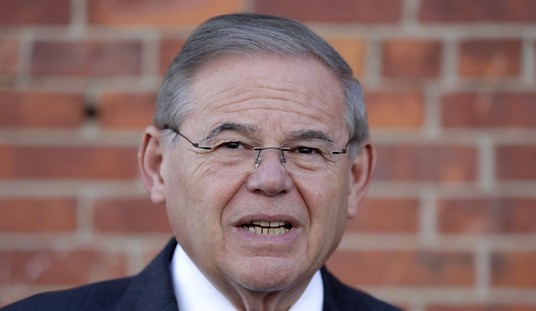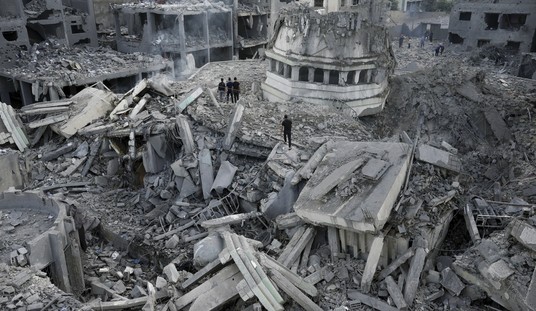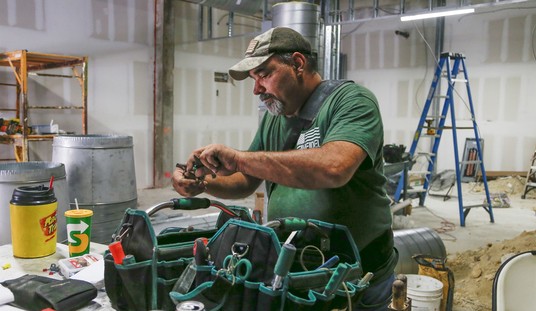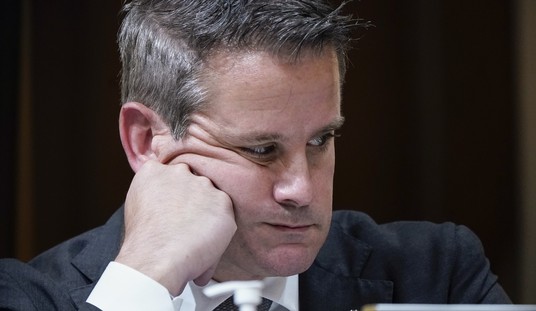Here’s a good thought exercise for us. It starts with a question: Should law enforcement officials be allowed to prohibit private citizens from filming inside a police station?
If the answer is yes, then how far should the state be able to go in disallowing the use of cameras on government property?
If the answer is no, then what limits, if any, should be in place for those who wish to document the interior of a police station on film?
It sounds like a tricky question, which is why some are going to great lengths to push the issue. This has brought about the advent of the First Amendment auditor movement, which seeks to challenge rules prohibiting filming inside police stations and other government buildings. One of the more notable figures in this movement is SeanPaul Reyes, a YouTuber who films his encounters with members of law enforcement in these facilities:
SeanPaul Reyes, 32, also known on social media as the Long Island Audit, films in police precincts, town halls, libraries and other government buildings in the New York area — or wherever else in the country his followers tell him to go.
He’s part of a growing movement of so-called constitutional activists, also known as First Amendment auditors, who film in government buildings to test whether officials will allow them to exercise their First Amendment rights. Many times, those officials are members of law enforcement who try to stop them from recording.
Sometimes police try to kick Reyes off the premises. Occasionally they arrest him.
An NYPD spokesperson said filming inside precincts is not allowed because it undermines the privacy of people who interact with the criminal justice system and compromises the integrity of ongoing investigations.
During a recent press conference, Reyes, his attorneys, and a local activist announced that they are filing a lawsuit against the NYPD for violating his First Amendment rights to film inside a police station.
Reyes has been on the front lines as a First Amendment auditor and has vociferously criticized various police departments for allowing officers to break cameras and cell phones in public while citizens record their interactions with residents.
“All these things are happening, and these officers are still officers. Like, they’re still working. They’re still collecting taxpayer money,” he said during an interview. “And that makes me sick to my stomach.”
So, should we the people be prevented from filming inside a police station or other government facility? There are compelling arguments on both sides of this debate.
On the “no” side, there are privacy concerns, the possibility of impeding police work, security, and the fact that footage can be manipulated to promote a false narrative.
From a privacy perspective, some have argued that filming inside a police station means the camera operator will inevitably get citizens on camera, possibly exposing their situations to the public. It could also harm investigations and judicial proceedings if sensitive witnesses are caught on tape.
Another issue is the potential for interfering in police work. Filming could disrupt the activities of those working in the agency, distracting them from carrying out their duties. This could inhibit their ability to do their jobs. Also, if witnesses are concerned about being filmed, they might be hesitant to aid law enforcement officers in their investigations.
Security risks might also be an issue. Those filming the interior of the facility might inadvertently give criminals the ability to obtain intelligence related to the layout of the station and the procedures followed by those working in it. However, one does not need footage on social media to do this; one could simply stroll into the station and observe in person.
Lastly, there could be concerns that the footage could easily be edited or doctored to promote false narratives designed to make law enforcement look bad. Given how falsehoods can easily spread on social media, this is not an unrealistic concern.
On the other hand, there are some cogent arguments in favor of allowing citizens to film in police stations. These involve transparency, a deterrent effect, accountability, and protection.
Government transparency, especially when it involves members of law enforcement – is paramount in a free society. Knowing what our officials are up to is essential for ensuring that they are held accountable if and when they abuse their authority. It is a critical method of checking government excess, which is why the state typically does not favor transparency.
This transparency also provides a measure of protection for the citizenry. When officers know they are being filmed, they might be less likely to engage in misconduct. Sure, the bodycam footage records each of their actions, assuming they are turned on. But someone taking footage from a mobile phone could be an even more effective deterrent. The last thing a corrupt officer would want is for their actions to go viral on social media, right?
The accountability factor is also critical. Just as filming during encounters with citizens in public can expose the actions of corrupt officers, the same can be true in the police station. After all, there may well be corruption that occurs behind those closed doors in most cities. Exposing this and bringing about accountability helps to protect our rights.
From a liberty perspective, I lean toward allowing people to film inside government buildings. There should be as few limitations on this as possible. If there is any entity that should be under scrutiny at all times, it is the government. Since it does not do as good a job at policing itself, citizens must be allowed to do the job when they deem it necessary. A government that can hide its activities behind closed doors is one that could more easily abuse its citizens.

